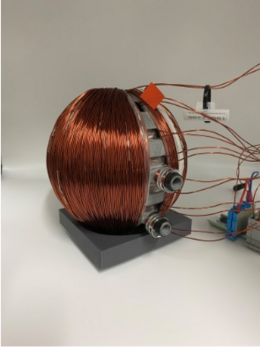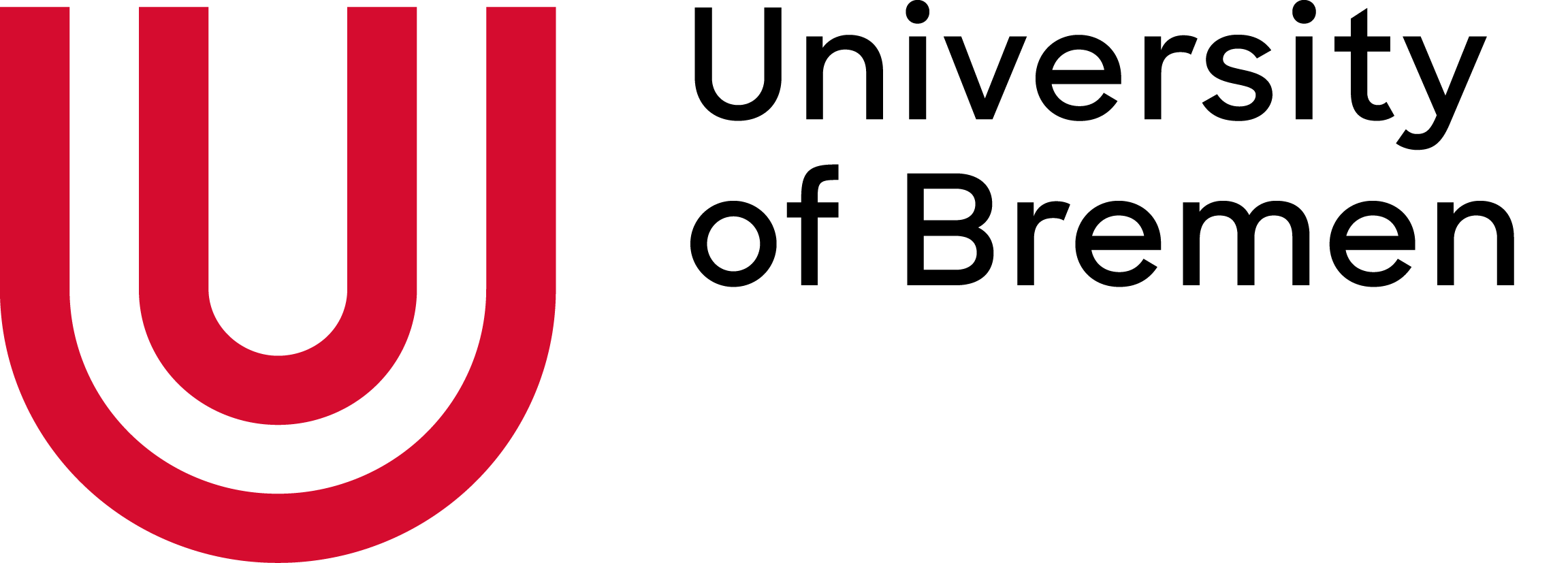
FERMIUM
The need for low-noise flexible satellite thermal control systems (TCS) motivated the Center of Applied space technology and micro gravity (ZARM) at the university of Bremen and its SME partner ZARM Technik AG to develop a new TCS solution based on ferrohydrodynamics (FHD).
A unique phenomenon observed in FHD experiments is the spin-up flow by magnetic surface stress. It occurs at the interaction of alternating magnetic fields with the free surface of the paramagnetic liquid, a ferrofluid. The liquid phase in an open channel has a higher magnetic susceptibility than the gaseous phase above. This leads to an unsymmetrical magnetic stress which pulls the free surface into the direction of the rotating magnetic field while the stress on the walls is compensated by friction. This results in a Couette flow pattern. The effect shows a high potential for an achievable flow rate of litres/min and a lifetime above 15 years.\\
To function under microgravity conditions and to provide high reliability, the alternating magnetic field of the pump needs to fulfil two challenging objectives during the duty cycle. These are keeping the correct positioning of the liquid and gas phase and at the same time pumping the liquid in the desired direction.
We apply a recursive engineering approach with tests in Droptower and Gravitower followed by updating the theory and repeat.


 "
"